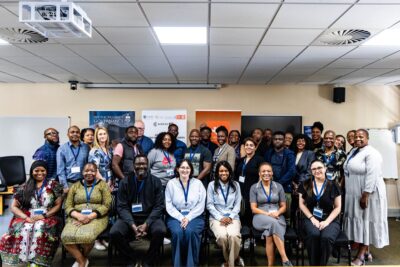Can we apply what we have learned about religious conversion to instances in which individuals do not embrace the convictions and belief systems of their ancestors?
Latest posts
Sex, secularism, and “femonationalism”
Sex and secularism after Trump
June 29, 2018
Together, Sex and Secularism and In the Name of Women’s Rights considerably deepen and extend the conversation into which I sought to bring my students in 2012. But the class I taught…
June 29, 2018
Whites, Jews, and Us
Wording and worlding: On the form of Bouteldja’s writing
June 27, 2018
Reading Whites, Jews, and Us may tell me plenty about racism and sexism, but mostly, firstly, not exclusively, it shows me how power works through and not simply upon us. A power…
June 27, 2018
Crossing and conversion
Conversion and race in colonial slavery
June 26, 2018
Why was black conversion so controversial? Or to put it differently, why did the baptism of enslaved and free black men and women engender such violence in an empire ostensibly founded on…
June 26, 2018
Essays
Controversy over French proposal to edit the Quran: A transatlantic perspective
June 25, 2018
In the interest of informing our English-speaking readers about recent public debates involving questions of religious difference and public life in a transatlantic context, The Immanent Frame presents the translation into English of…
June 25, 2018
Sex, secularism, and “femonationalism”
A secular species
June 21, 2018
While the cultural manifestations of sexual difference have shifted since the late nineteenth century, the logic that sustains them remains biologically inscribed within the species as a human universal. Indeed, this enduring…
June 21, 2018
Load more













